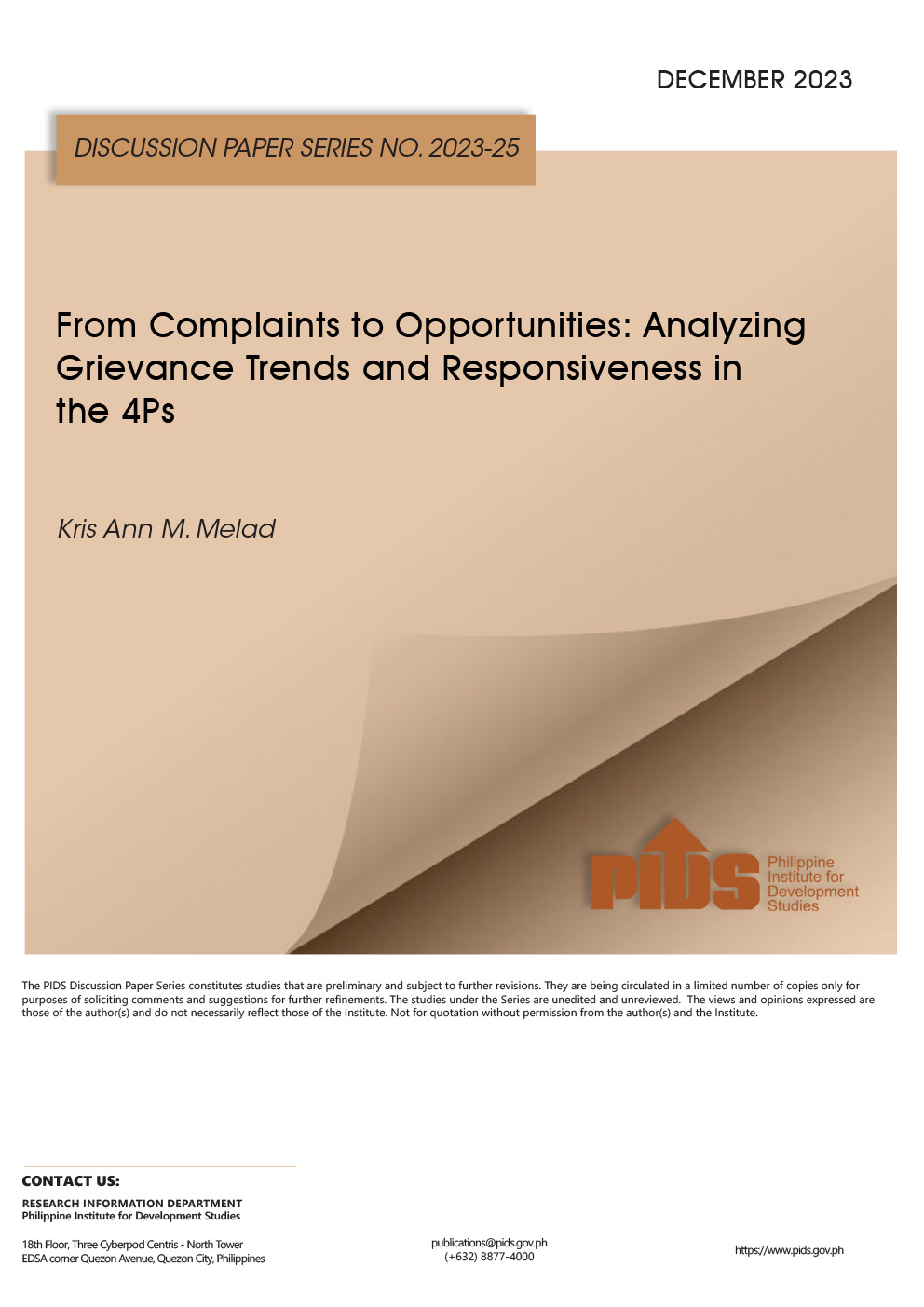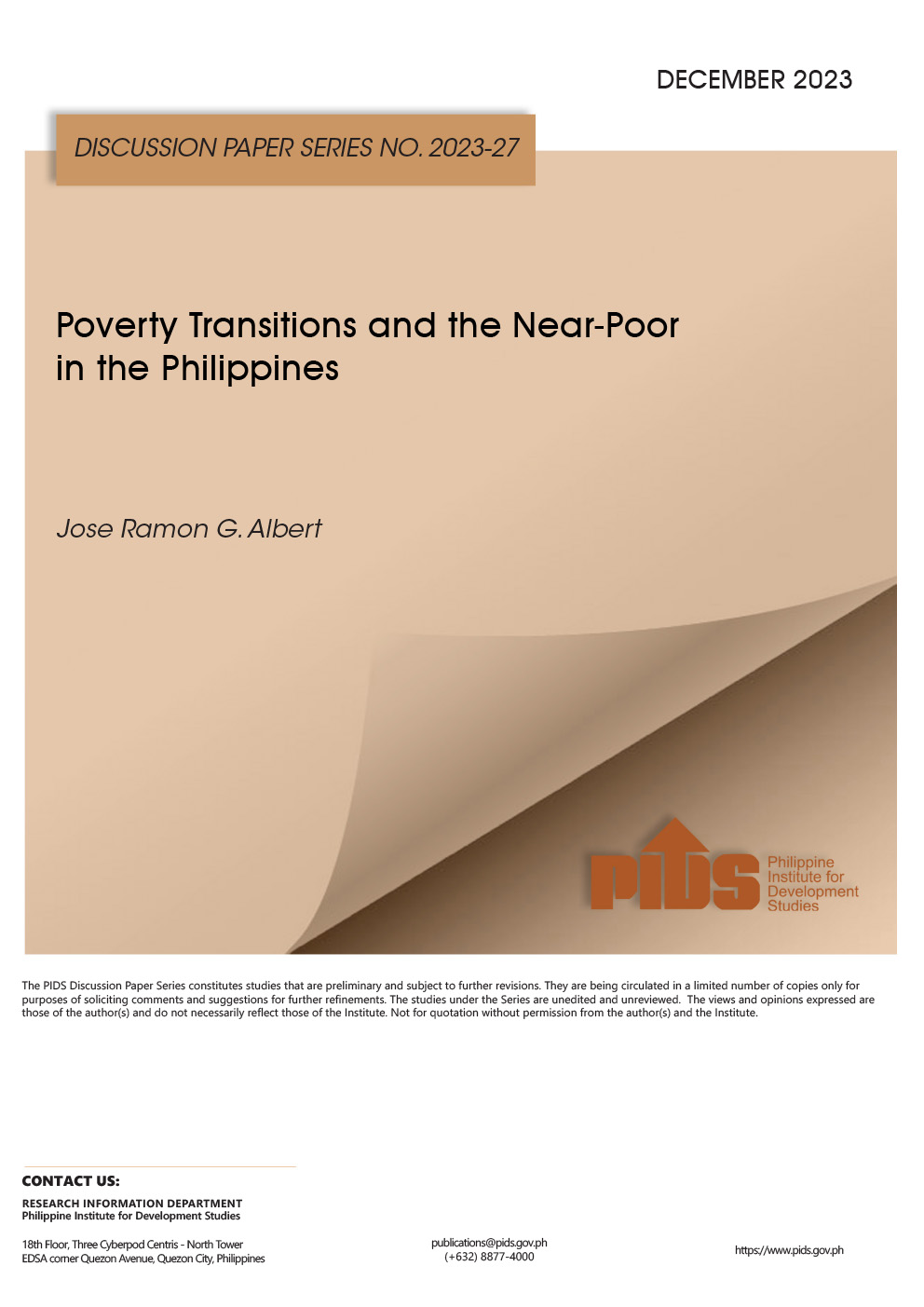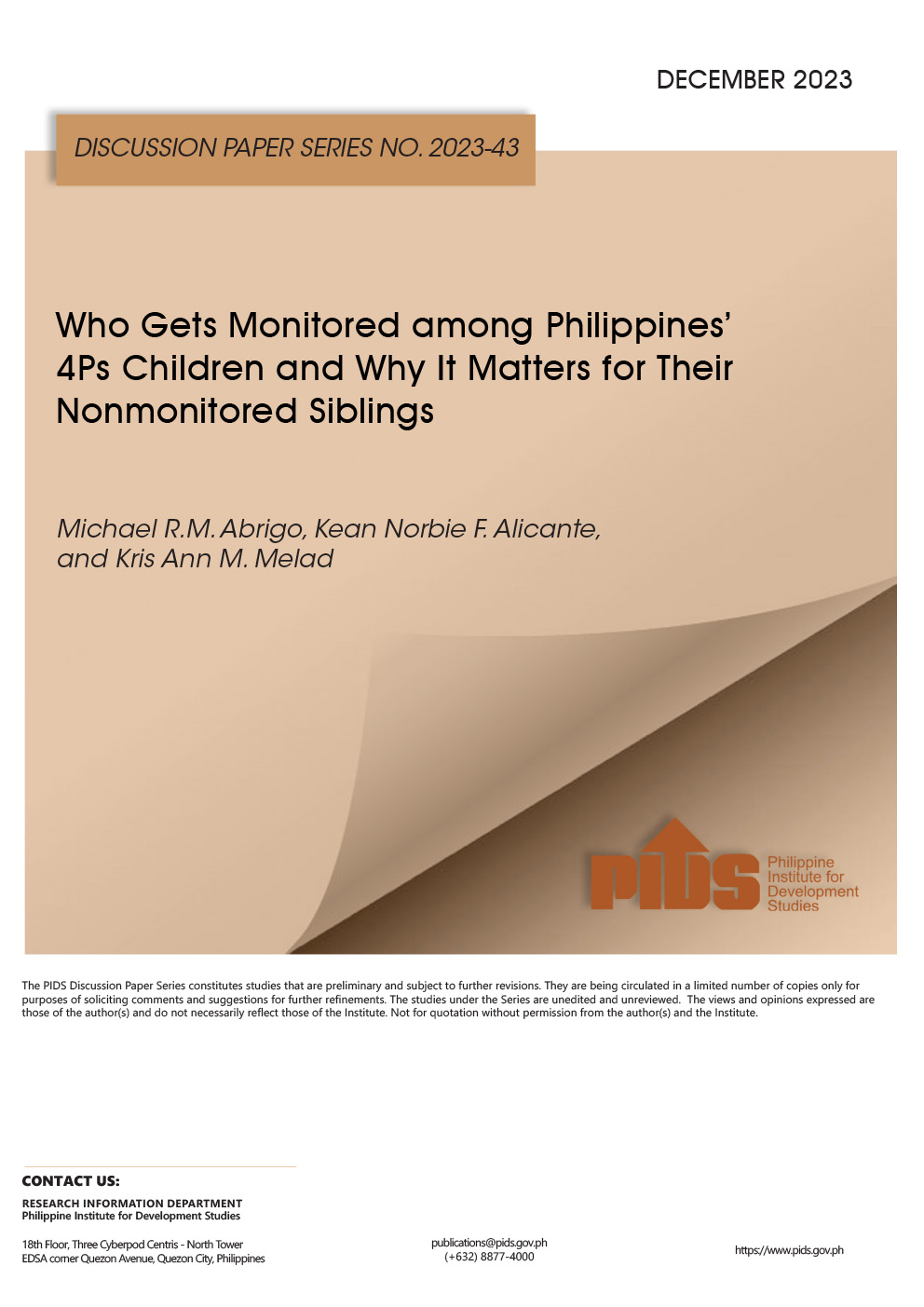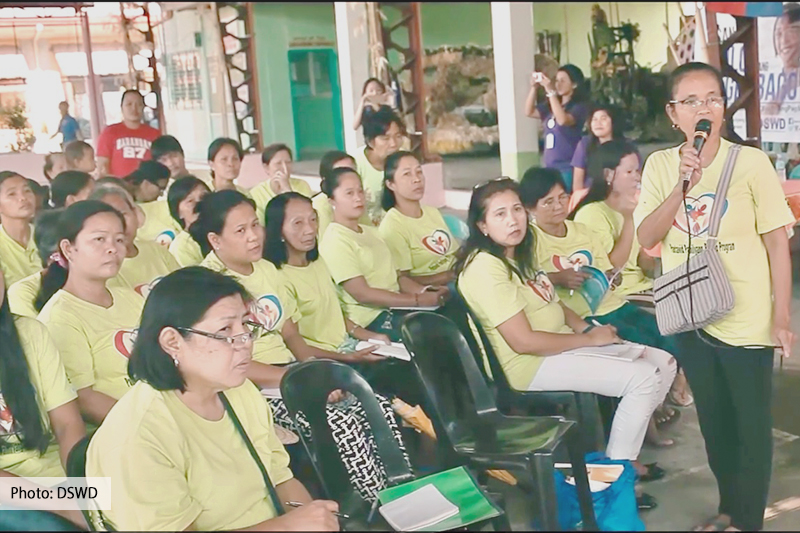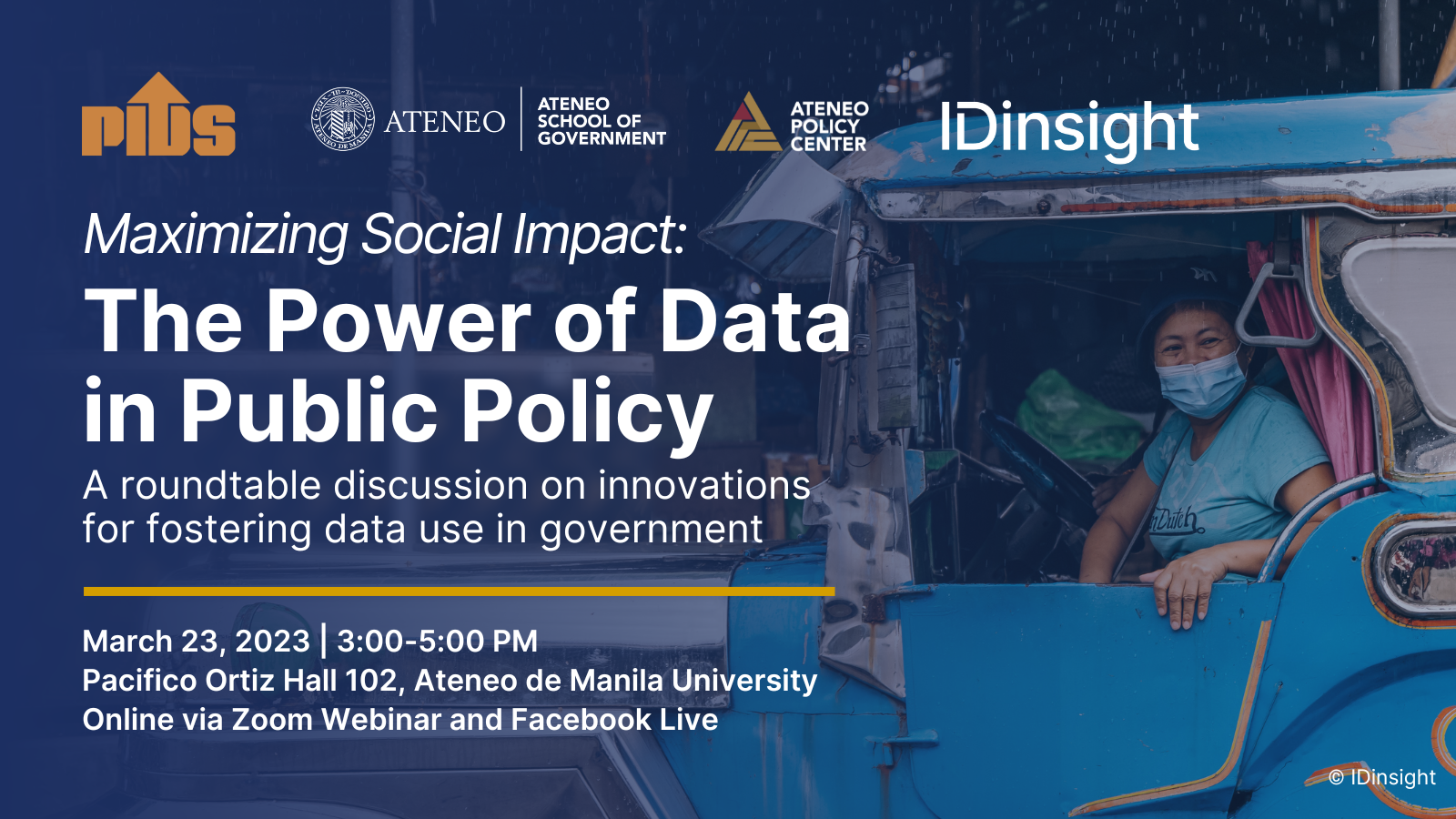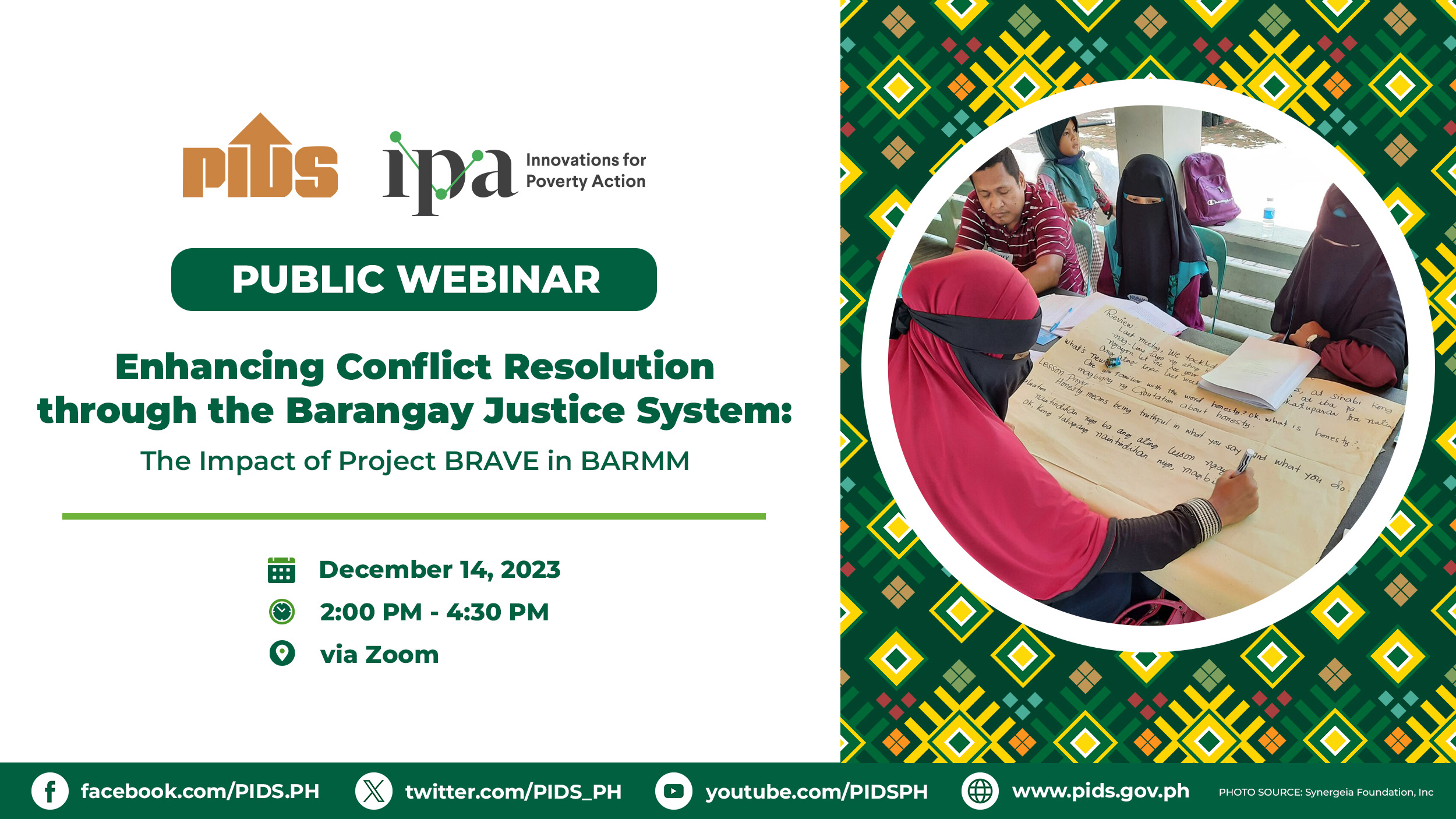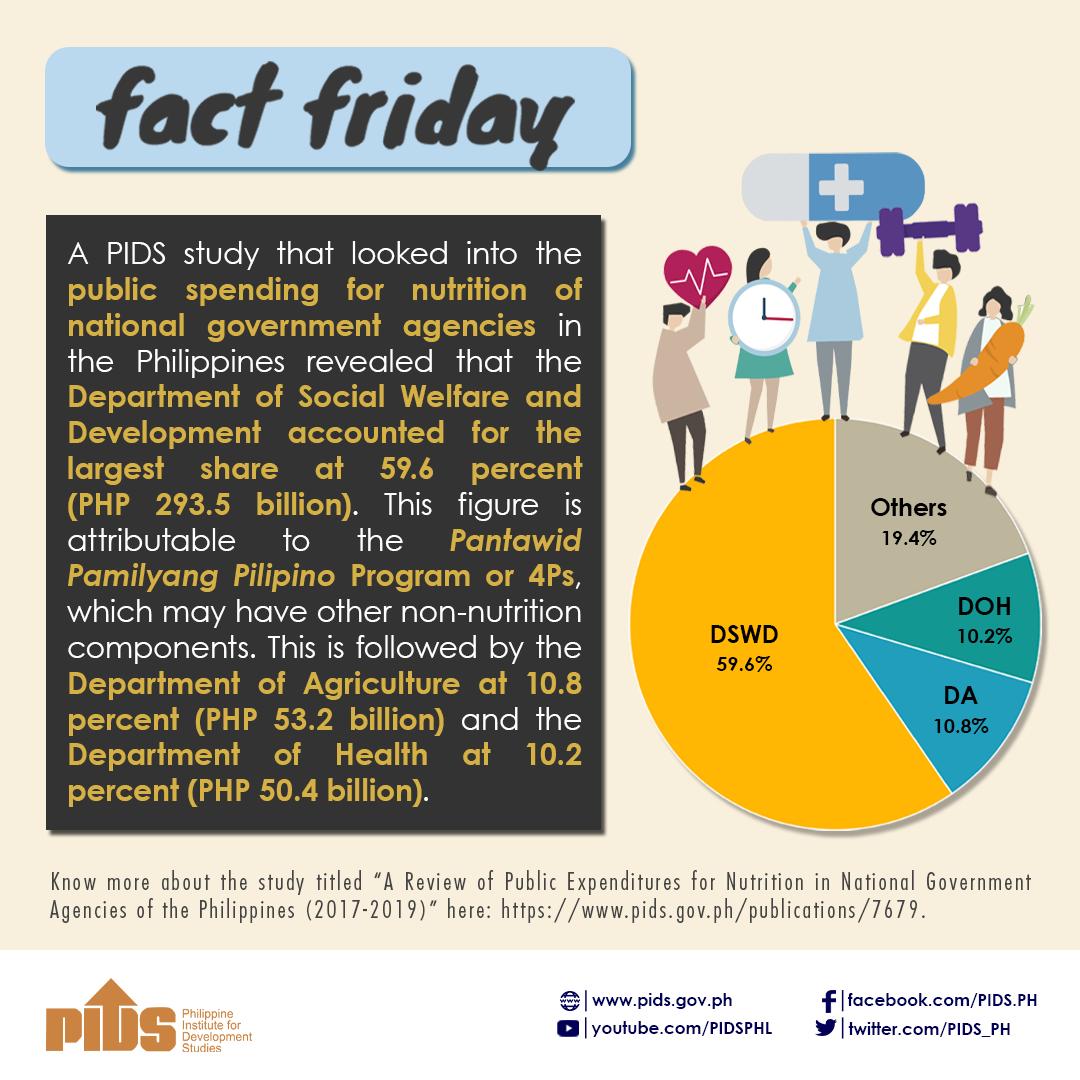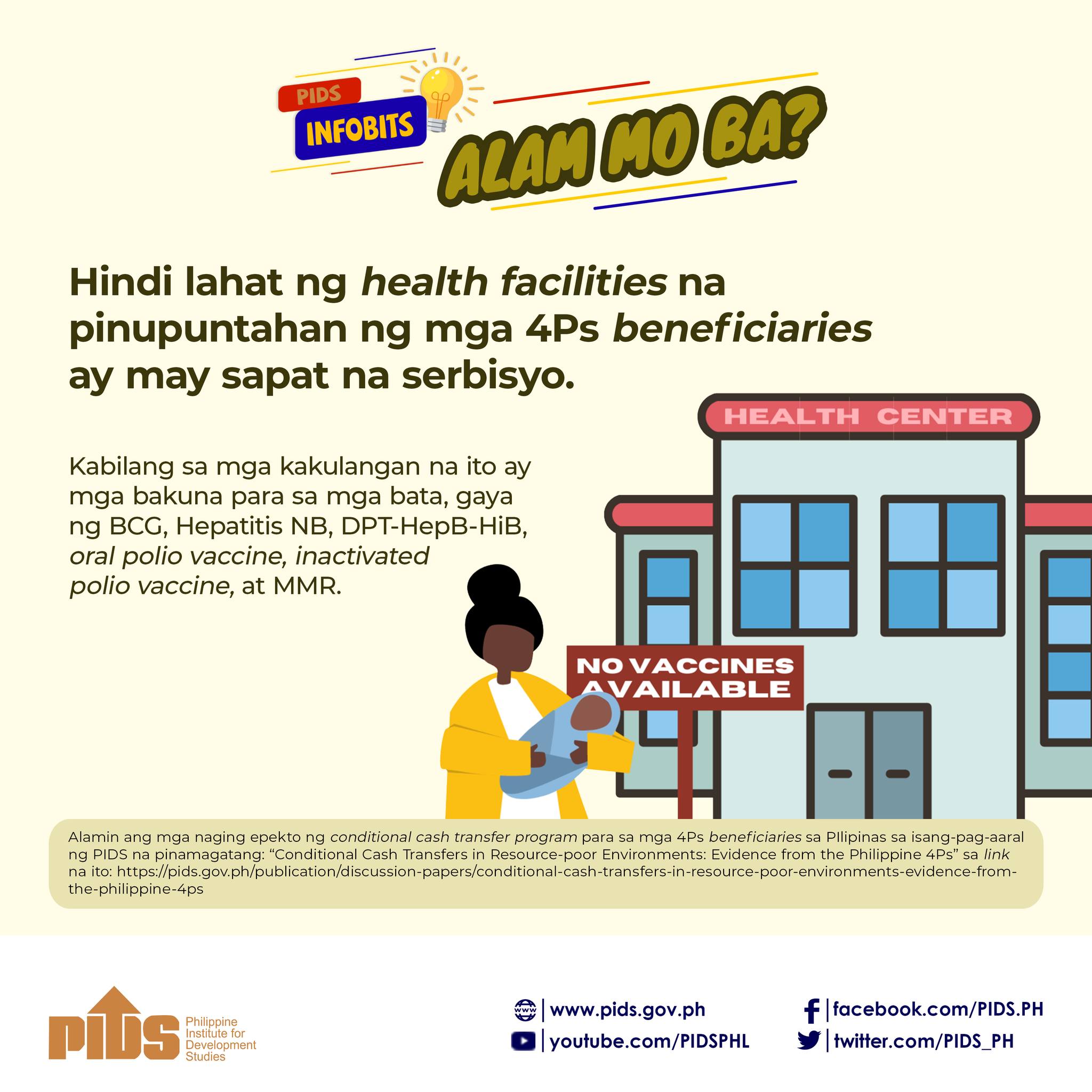The Department of Social Welfare and Development (DSWD welcomes the results of the third impact evaluation (IE3) on the Pantawid Pamilyang Pilipino Program (4Ps) conducted by the Philippine Institute for Development Studies (PIDS).
By virtue of Republic Act 11310 or the 4Ps Act, an impact evaluation will be conducted by the Philippine Institute for Development Studies (PIDS) every three years after the effectivity of the Act to assess the implementation of the 4Ps. The amount of cash grant provided can also be adjusted upon recommendation of PIDS to the National Advisory Council every six years after the effectivity of the Act.
4Ps is the national poverty reduction strategy and a human capital investment program of the Philippine government, with DSWD as the lead agency. Eligible household-beneficiaries are entitled to receive cash subsidies provided that the conditions on health, nutrition, and education are followed.
The program also provides psychosocial and psycho-educational interventions through the Family Development Session (FDS) to improve and sustain the program beneficiaries’ well-being leading them towards program exit. This will foster necessary behavior for parents to adequately perform the duties and responsibilities, particularly in investing in their children’s future.
Desirable impacts
The IE3, which was conducted from 2017 to 2018, indicated that, “the program has desirable impacts on education and health of children and pregnant women.” It also gathered positive results on household welfare such as income and food security, community participation, and awareness of basic means to mitigate vulnerabilities such as disaster preparedness among adults; and, strong determination of children to complete and succeed in school, despite of the challenges.”
Among the specific gains of the program include: the 1) positive impact on enrolment of children aged 12 to 17 yrs. old; 2) Decrease of hunger incidence among 4Ps 3) increased awareness and modern use of family planning methods among program beneficiaries; 4) increased prenatal care services and skilled birth attendance among women beneficiaries; 5) increased access to child care services such as deworming, vitamin A supplementation, and visitation of health facilities for weight monitoring; 6) improved household welfare; and 7) increased participation in community and community development activities among beneficiaries.
Moreover, the study also showed that 4Ps does not encourage dependency. Beneficiaries do not have higher spending on vice goods such as alcohol, tobacco, and gambling compared to non-4Ps beneficiaries.
The result of the IE3 also validates the earlier findings of the program being on track in keeping children healthy and in school, as well as positive change in behaviors.
Through the result of the IE3, DSWD believes that it will further help reinforce the creation of policies and programs to alleviate poverty in the country.

